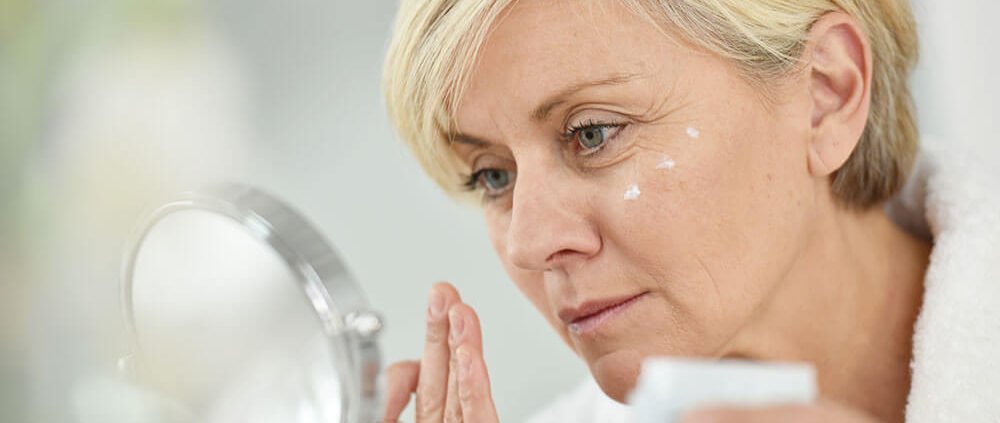Retinol is well known as an anti-ageing super ingredient but with great popularity comes great falsities too. There’s a lot of misleading retinol myths. So we’ve summed up the most common retinol myths to clear up the mistruths ensure you can get the most of this superhero ingredient.
AHA or BHA Exfoliants Deactivate Retinol
There is no research or evidence that concludes that you cannot use AHA or BHA exfoliants with retinol. In truth, these ingredients work in harmony when combined. Whilst they each have their own unique benefits, AHA or BHA exfoliants can increase the benefits of your retinol products. They do this by removing the dead skin that limits the absorption of vitally important ingredients into the skin. They actually help ingredients, like retinol, allowing them to penetrate and infuse deeper into the skin to deliver their unique benefits.
Retinol Exfoliates The Skin
One of the most popular retinol myths is that retinol delivers your glowing skin by exfoliating and sweeping away dead skin cells. Put simply this isn’t how it works. Retinol is an antioxidant that enhances multiple aspects of skin, to help it look healthier, smoother, and more radiant. Depending on the strength, retinol can cause temporary flaking as a side effect, this isn’t the same as exfoliation. You don’t see or feel or your skin exfoliating.
You Shouldn’t Use Retinol in the Daytime
Retinol products work perfectly fine when applied during the day. You just need to make sure you wear plenty of SPF to protect your skin as retinol can cause sun sensitivity.
Don’t Combine Retinol with Vitamin C
When you combine vitamin C with retinol you get the ultimate defence against environmental aggressors. The pH levels of vitamin C do not make retinol ineffective. Just as with your AHAs and BHAs, retinol and vitamin C are a match made in heaven.
Stop Applying a Retinoid if Your Skin Gets Irritated
Consult with your skin health professional if you’re worried but if you experience some minor flaking, shedding or irritation when using retinoids, this isn’t necessarily a bad thing. Irritation that flares up after adding retinol to your skincare regimen is normal. The skin cells should eventually adapt to the retinoic acid and begin to tolerate the ingredient. This irritation usually appears as reasonably flushed, dry and lightly peeling skin. However, if the discomfort is drawn out or extremely uncomfortable, reduce use to once a week or switch to a weaker formula.

